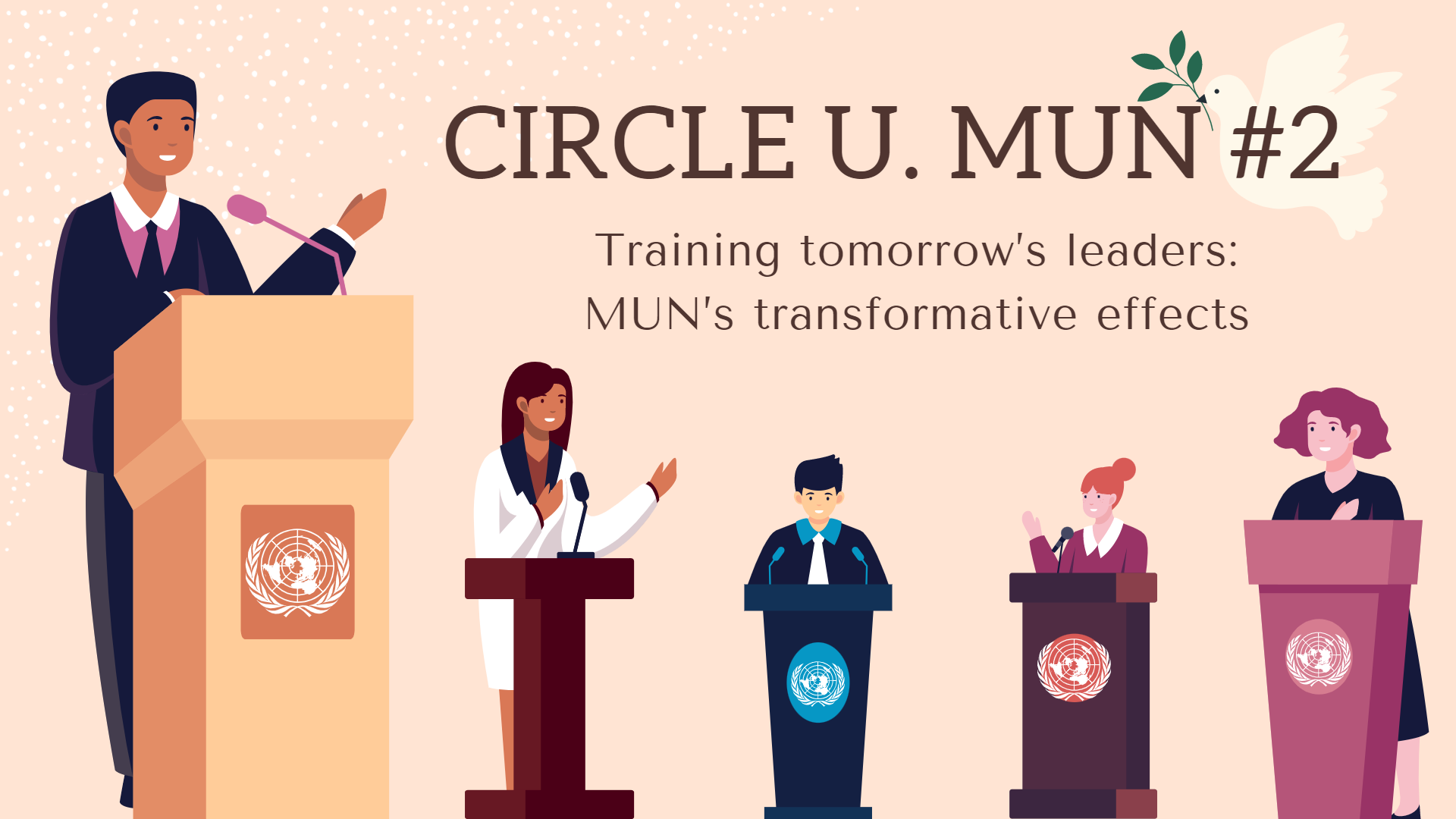This podcast explores the opportunities and the skills provided by MUNs through experiential learning that goes along with negotiation, debate and teamwork: students actually actively participate in a “learning by doing” experience that encourages both surface-level and deep learning and encompasses academic knowledge as well as essential human skills.
Participants in MUN conferences therefore gain valuable knowledge of international relations theories, understanding global affairs and the functioning of international organizations like the United Nations. They develop a comprehensive perspective on parliamentary procedures and diplomatic practices, enabling them to grasp the complex dynamics of social, economic, ideological, and political factors shaping our world: MUNs thus enables students to analyze the stakes, positions, and relationships between nations, empowering them to approach real-world challenges with well-informed perspectives.
Furthermore, MUNs provide a unique platform for the development of leadership skills, as participants are tasked with representing a country’s interests which requires effective leadership, strategic decision-making, and the ability to navigate complex diplomatic negotiations. Collaborative environments foster teamwork, cooperation, consensus-building, effective communication, active listening, compromise, and conflict resolution skills. Negotiation skills are thus honed through intense discussions and the search for mutually beneficial solutions, along with public speaking abilities, which can be strengthened through delivering speeches, participating in caucuses, and engaging in diplomatic discussions.
Additionally, MUNs promote cultural exchange and a global outlook by bringing together students from diverse backgrounds. Collaborating with peers from different countries and academic paths fosters mutual understanding, empathy, and open-mindedness. Such interactions therefore challenge preconceived notions and nurture a global mindset, equipping students to become effective global citizens: building global connections and fostering cross-cultural understanding can help them create networks that transcend borders, enrich perspectives and provide opportunities for future collaborations and partnerships. This goes along with critical thinking and analytical skills which are cultivated through MUNs as students research and analyze complex global issues, examine problems from multiple perspectives, and evaluate different solutions.
Therefore, scholars widely recognize MUNs as an unparalleled educational platform that equips students with essential skills, knowledge, and a passion for international relations and diplomacy.
